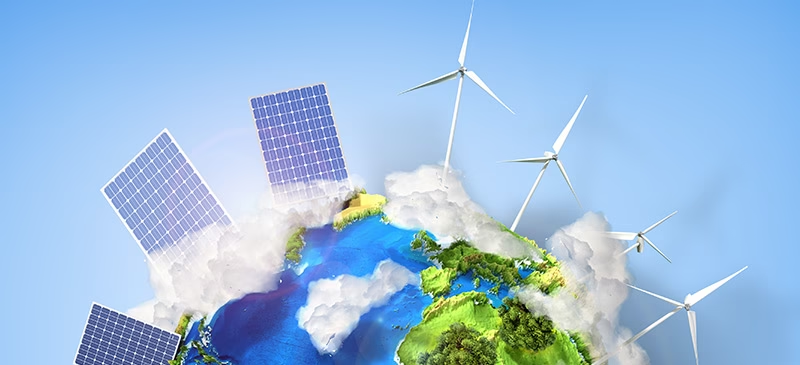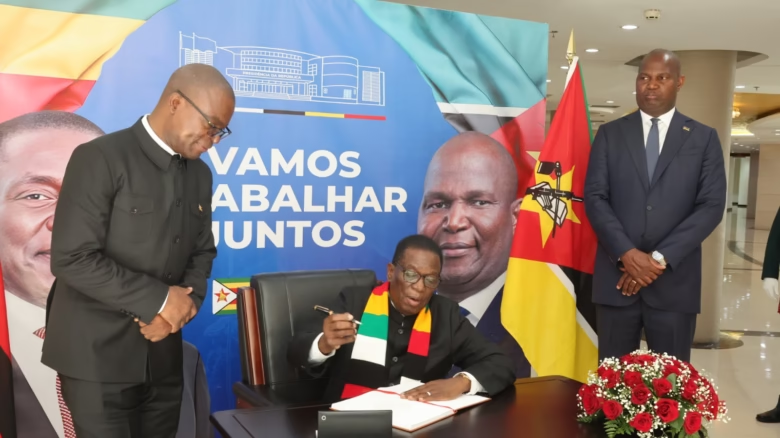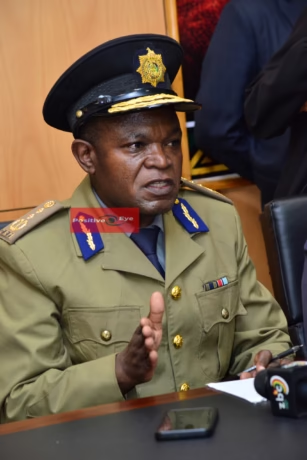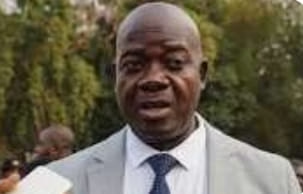
A year-long campaign to rewire Africa’s energy future, led by European Commission President Ursula von der Leyen and South African President Cyril Ramaphosa, has closed with a strong signal of political and financial intent, Europe is putting substantial resources behind Africa’s clean energy transition but the real test now moves from pledges to delivery on the ground.
The “Scaling up Renewables in Africa” campaign has mobilised €15.5 billion for clean energy across Africa, while securing commitments to generate 26.8 GW of new renewable power and to bring renewable electricity to 17.5 million households that currently lack reliable access. Team Europe accounts for €15.1 billion of this package, anchored by von der Leyen’s pledge of over €10 billion on behalf of the European Union and its Member States, backed by additional bilateral contributions from countries such as Italy, Germany, the Netherlands, Portugal, Denmark, Sweden, Austria and Ireland, and by major investments from the European Investment Bank and the European Bank for Reconstruction and Development.
The campaign, organised with Global Citizen and supported by the International Energy Agency, was designed to drive public and private investment towards Africa’s clean energy transition, expand access to electricity and support sustainable economic growth and decarbonised industrialisation, while also accelerating the global move away from fossil fuels. Launched in November 2024 in Rio de Janeiro, it was timed to build momentum for the COP28 goals of tripling renewable energy capacity and doubling energy efficiency worldwide by 2030.
The urgency is stark, today about 600 million people in Africa still live without electricity, yet the continent holds 60 per cent of the world’s best solar resources, while attracting only 2 per cent of global energy investment, and facing high capital costs, limited investment, geographic barriers and supply chain constraints. With Africa’s population projected to double by 2050, affordable and sustainable energy is central to both the continent’s development trajectory and to global climate objectives.
Through the Global Gateway investment strategy, and especially the Africa-Europe Green Energy Initiative, the European Union is positioning this pledging effort as part of a broader, long-term partnership, focusing on major investments in renewable energy generation, transmission infrastructure and cross-border electricity trade, and on building predictable, mutually beneficial cooperation for Africa’s clean energy future. The campaign also drew in multilateral actors, most notably the African Development Bank, which committed to allocate at least 20 per cent of the African Development Fund’s 17th replenishment to renewable energy, and Norway, which pledged around €53 million through its contribution to the same fund over 2026 to 2028.
President von der Leyen hailed the outcome as a moment where “the world has stepped up for Africa,” describing the €15.5 billion as a tool to “turbocharge” the continent’s clean energy transition and to deliver “life-changing power for families, for businesses, for entire communities,” while stressing that the future must be led by Africa, with Europe as a committed partner. Beyond the headline figure, several Team Europe actors have already indicated their intention to increase investments in renewable energy by an additional €4 billion by 2030, signalling that Johannesburg is not an end point but a launchpad for deeper engagement.
The pledges and project pipelines are therefore more than symbolic, they reflect an attempt to correct long-standing structural imbalances by turning Africa’s vast renewable potential into real grids, real jobs and real energy access, and if effectively implemented, they could mark a significant step towards a cleaner, more inclusive and more resilient energy system for the continent and for the world.




